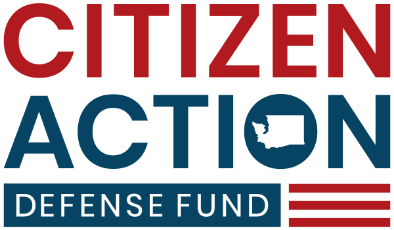This week, spectators across the United States (and, I assume, elsewhere on Earth) hemmed, hawed, and guffawed over another solar eclipse—the first since 2017. For those fortunate enough to be in its direct path, or at least with the money, and desire, to shell out almost $1,000 for a night in a motel along the way, the eclipse apparently was a sight to behold. An exceedingly normal astronomic phenomenon, in typical 2020s fashion some (mostly online) characters attributed the event to a treasure trove of conspiratorial machinations, including but not at all limited to: a federal scheme “to take down the power grid and cause mass chaos,” a NASA plot to hide the launch of rockets aimed at two of Earth’s three suns (imagine my surprise to learn there are more than just the one!), or even part of a billionaire cabal’s efforts to seize Texas and Oklahoma. You read that right. Then there are, of course, the oldies but goodies—eclipses as harbingers of doom, divine messages to cease combat, or the sun and moon procreating, according to Polynesian mythology. The list goes on . . .
But to any conspiracists reading this, if the peculiar factoids coming out of “eclipse fever” teach us anything, it is that pie-in-the-sky conspiracies are a dime a dozen. In reality we need not venture that deep down the rabbit hole to find forces working against our best interests without celestial help. Washington’s own legal history presents a witches’ brew of strange statutory concoctions. In the spirit of this week’s whacky stories, I wish to discuss some of these legal oddities and explain why ensuring prudent governance is far sexier than any vast left- or right-wing conspiracy.
We Evergreeners were not among the lucky spectators. Even the 20% sliver we might have seen was obscured by “clouds, clouds, and more clouds.” Sound familiar? As for the conspiracy theories . . . Fortunately, for those so inclined (my own interest begins and ends with the X-Files), our state is no stranger to “high strangeness” or “weirdness”—as self-appointed “experts” call it. In their estimation, the Evergreen is replete with enough bigfoots (bigfeet?) and UFOs to waste ten lifetimes on nonsense. But there are far more nefarious forces at work in the Evergreen, past and present. Government, of course, is high—if not first—among these (and before you bring up Ted Bundy, I mean in terms of aggregate harm). The fentanyl epidemic is high up there, too. So, before you or someone you love goes chasing little green men or manbearpigs, I implore you to consider expending your conspiratorial energies (such as they are) on legally fighting overregulation from above instead of superstitions from below.
I previously promised to stop talking about the last legislative session—having done so in several posts before and soon after its adjournment sine die. I lied . . . sorry. Before the session’s close, our lawmakers passed or seriously considered a number of laws that make it harder for Washingtonians to do business, maintain their privacy, or stay safe. Bad laws are nothing new, of course. Like an eclipse, they capture our attention for a moment before fading into the recesses of our collective memory. But unlike eclipses, some of these laws are harbingers of doom—just social, economic, or cultural instead of celestial. We ignore them at our peril. The next eclipse will hit Washington in 2084. I will be 93 or—if my vices have the last word—bobbing in a buoyant urn somewhere in the Salish Sea. To me and all those who share this inevitable fate, the lasting impact of bad laws is far-greater felt than any modern eclipse could ever be.
Thanks to bad laws, you (technically) cannot buy meat on Sundays anywhere in the state, wear a lifejacket near the Spokane River, or, until the 1990s, ride an “ugly horse” in small-town Wilbur. Of course, almost none such laws are still enforced—if they ever were. But they can be, with far fewer controls against dead-hand legislation than you might think. I am not worried about being charged for harassing bigfoot in Skamania. But the fact that prosecutors could go after me for this or some other bad law carrying far greater consequence is enough to instill in me a fear that drove me into the legal field to begin with. It is not all up to us lawyers, however. As I have said before and will say again—representative democracy (aka small-r republicanism) does not free its citizens of the duty to jealously guard their natural rights by persistently involving themselves in the legislative process. Not remotely. In the vast interim between last week’s eclipse and 2084’s, then, we Washingtonians should channel most of our fascination with the paranormal realm into guarding these rights from manmade obsolescence—something an eclipse could never pull off.
Alki and Keep (Occasionally) Watching the Skies,
Sam Spiegelman

